32 Best Alcohol and Drug Rehabs in Kansas City, MO 2025
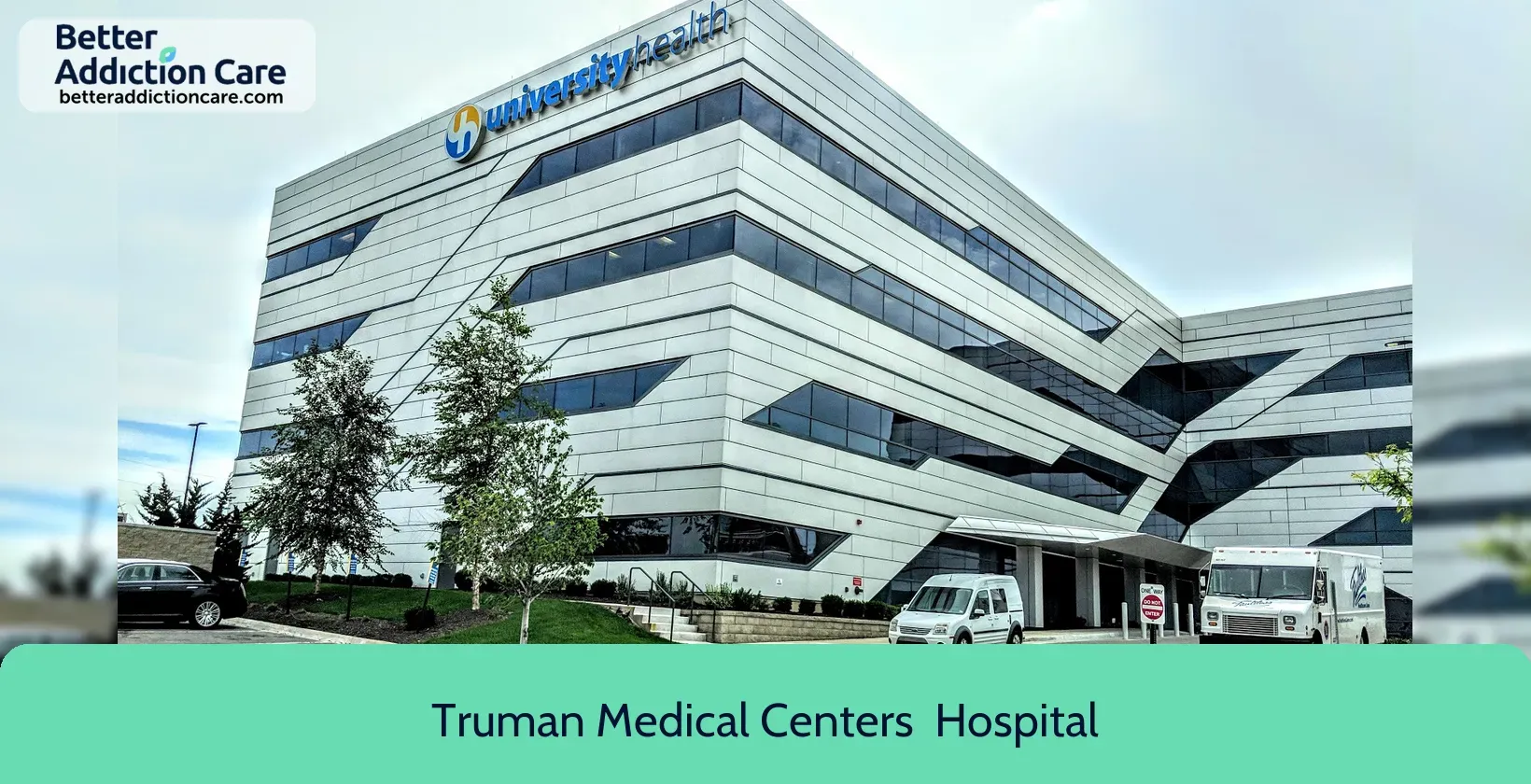
7.23
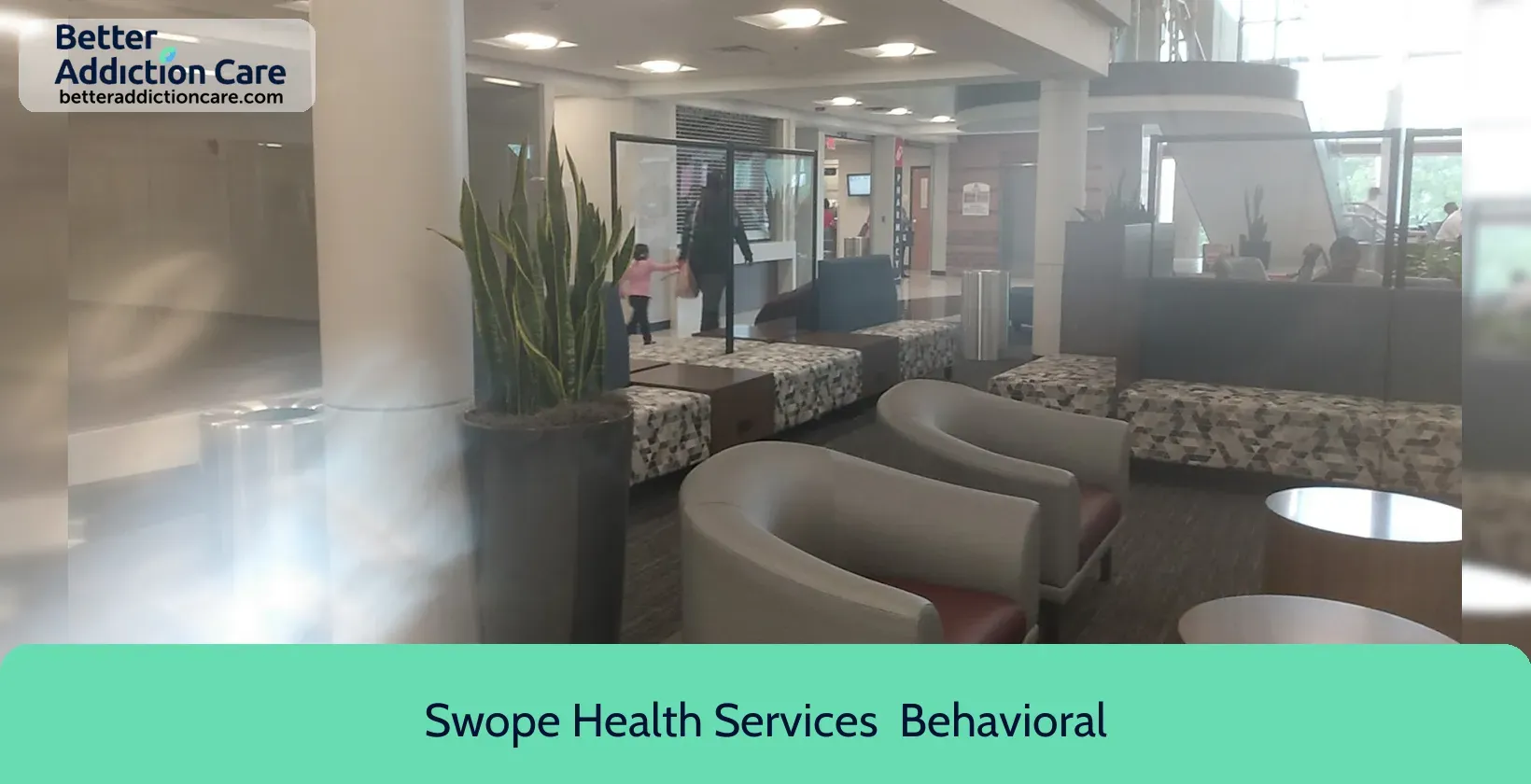
7.72
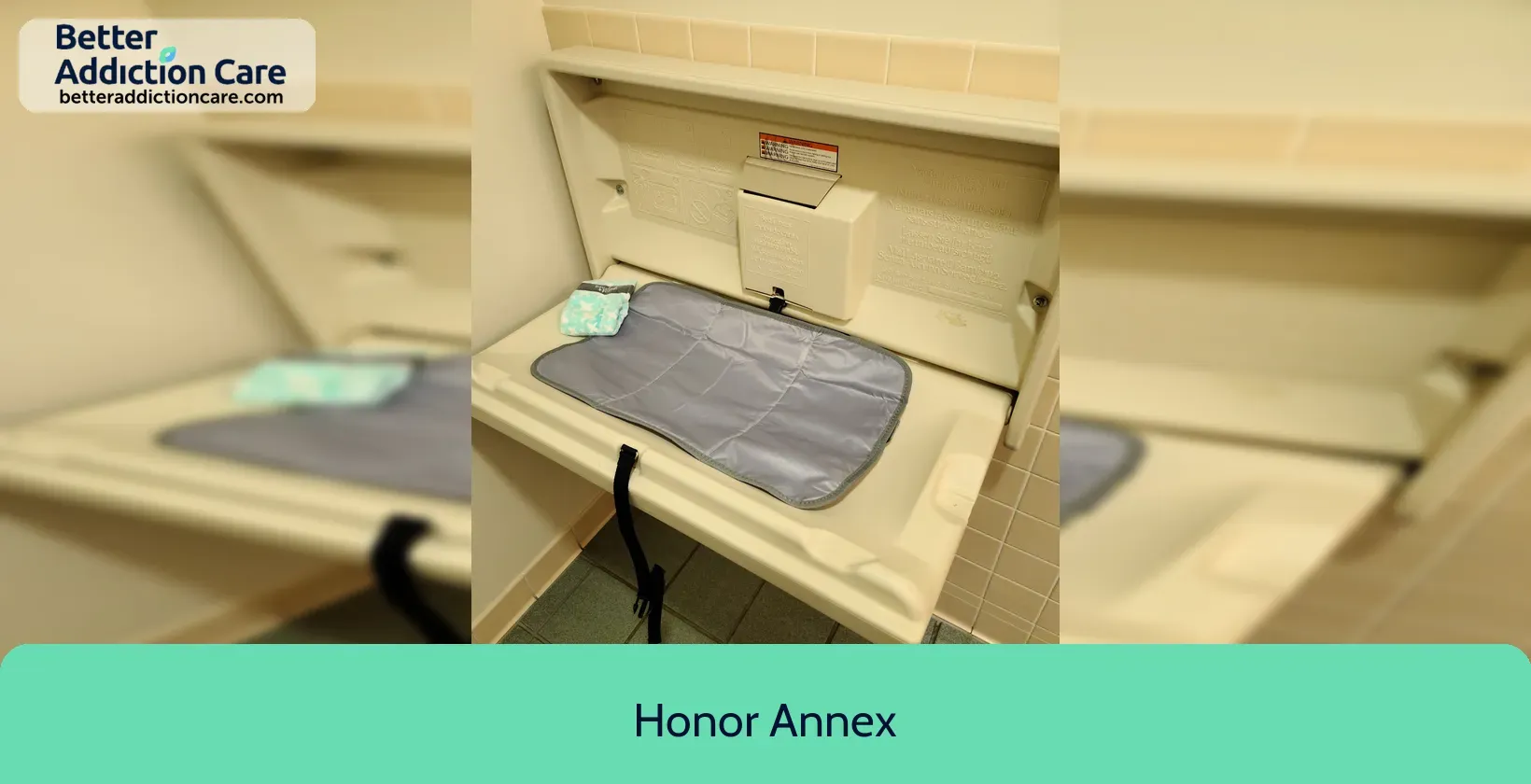
8.39
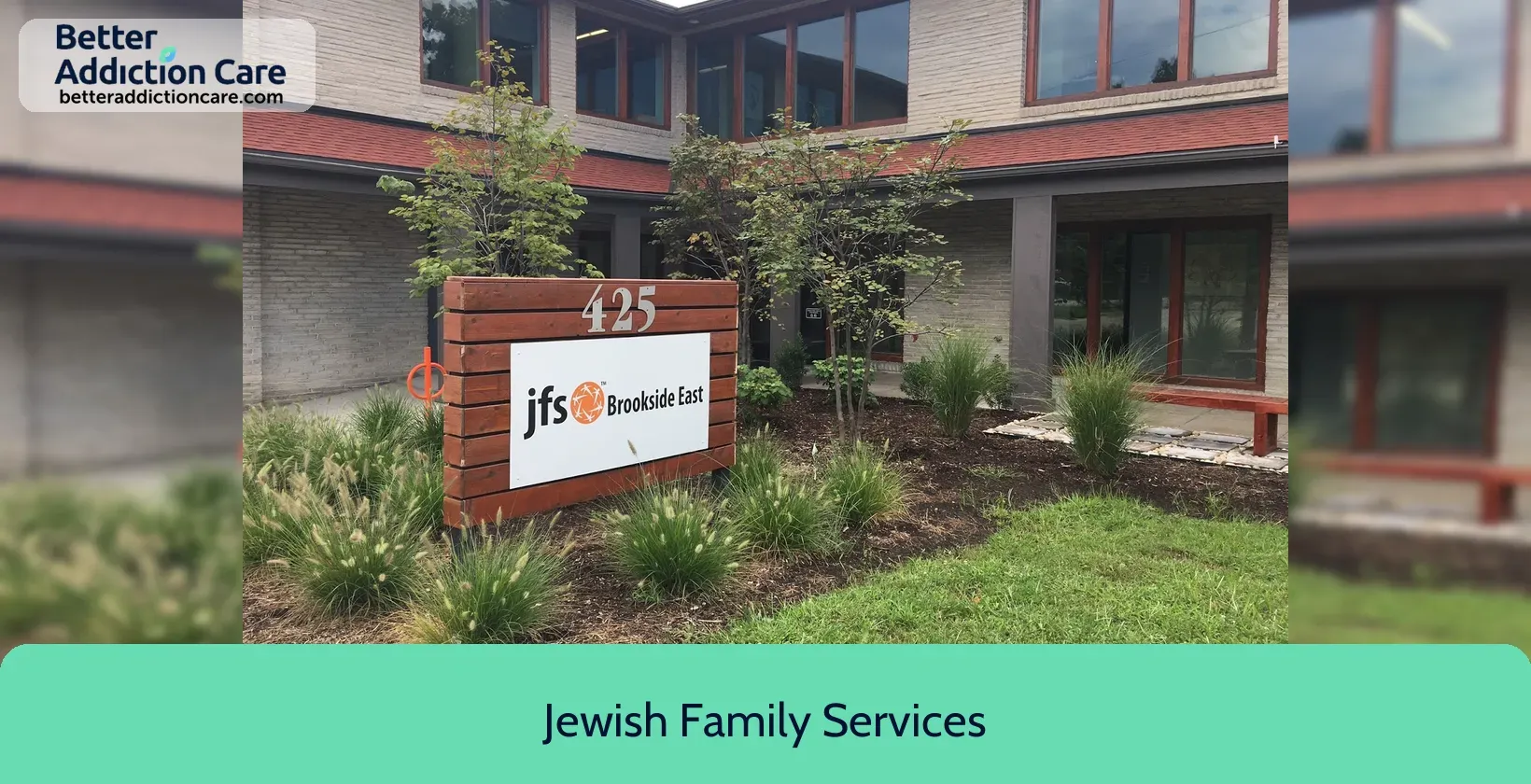
6.59
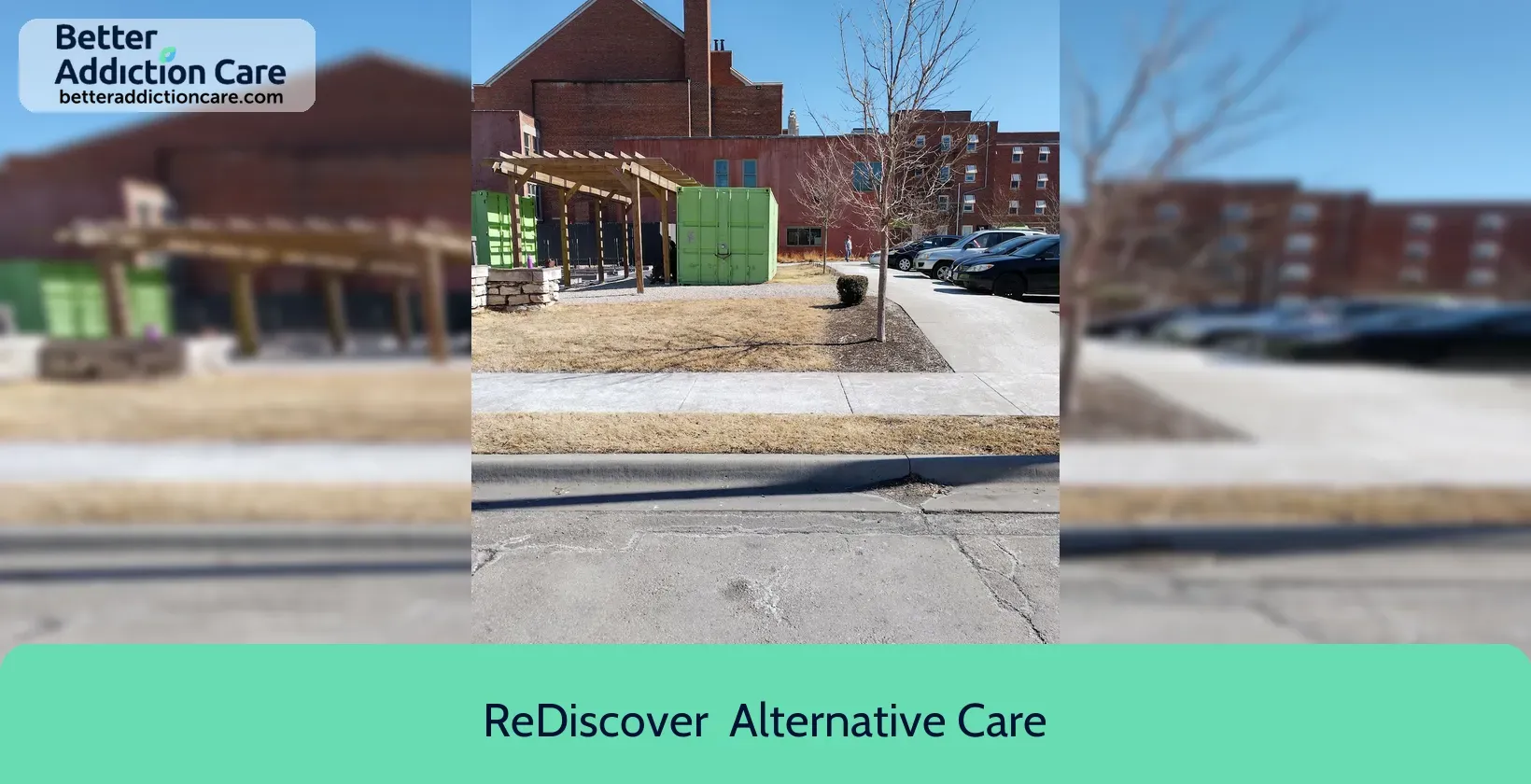
7.39
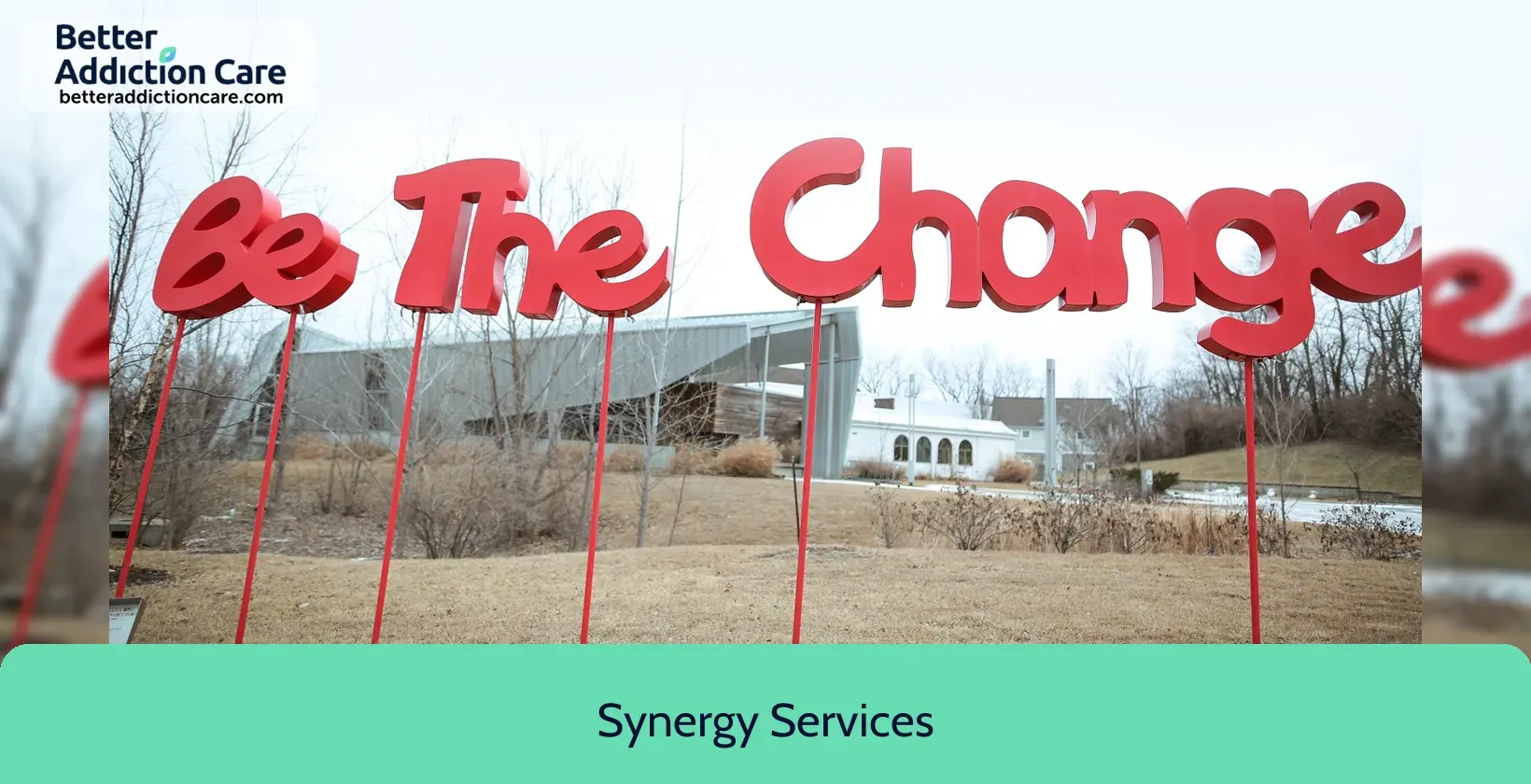
6.68
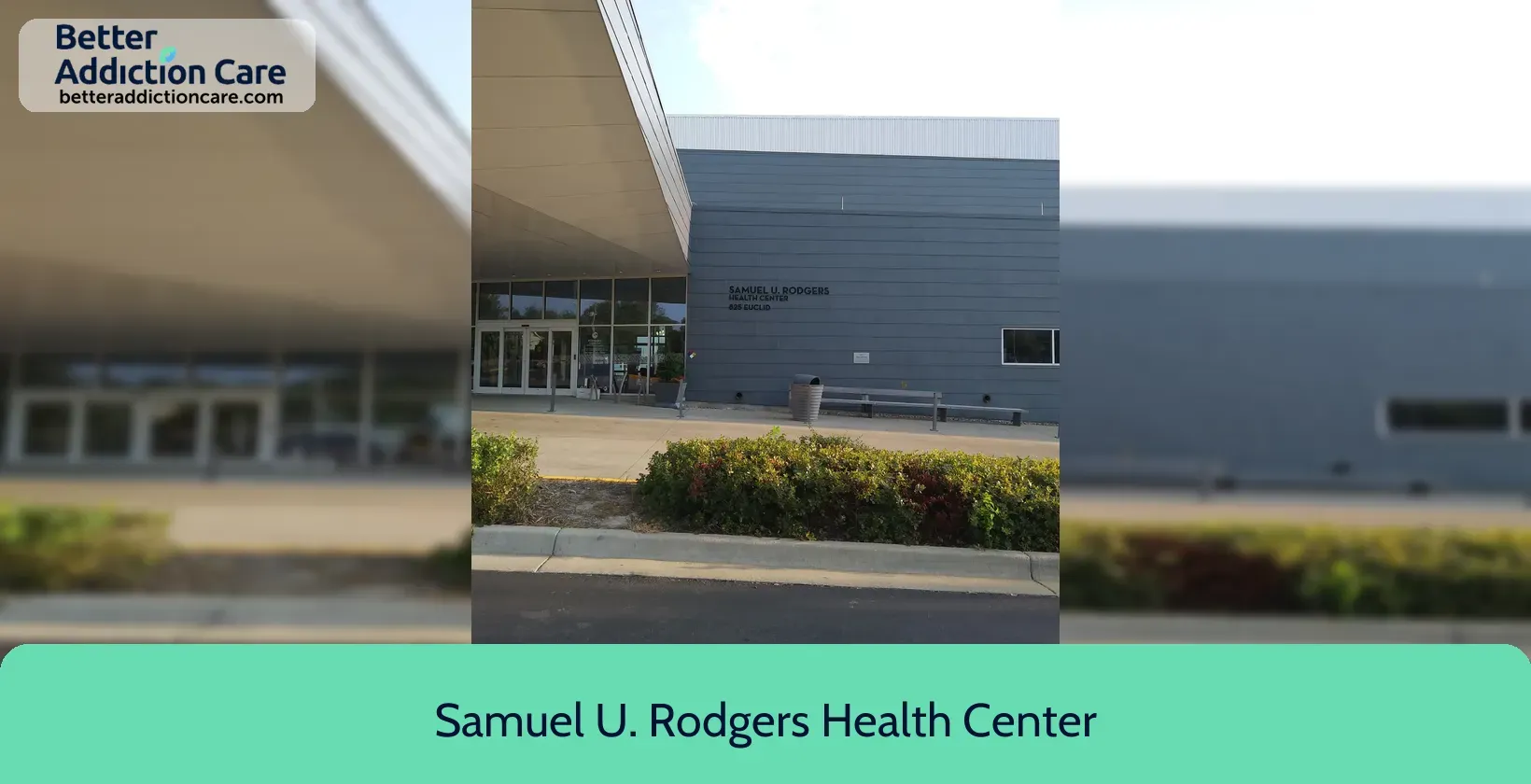
6.74
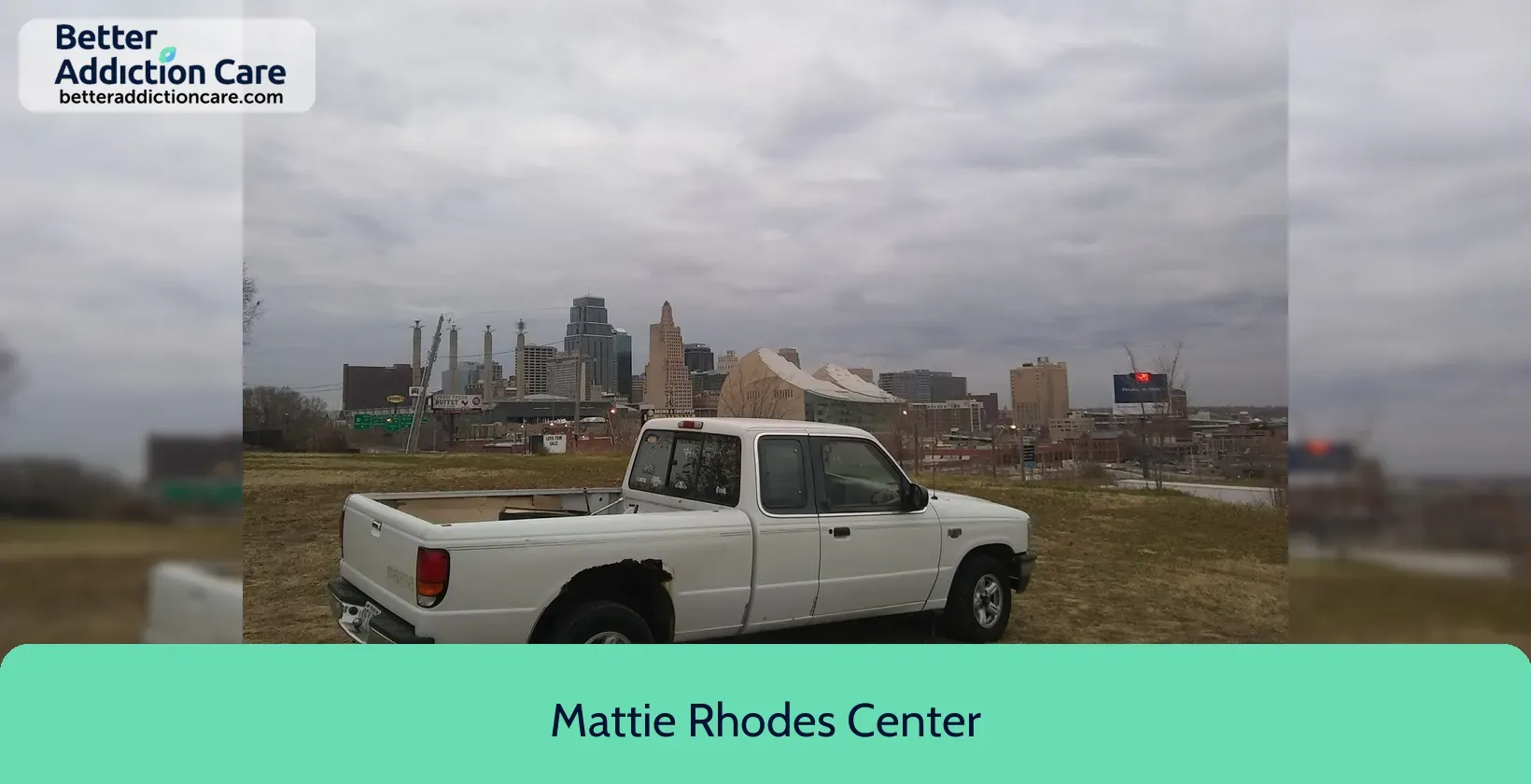
6.92
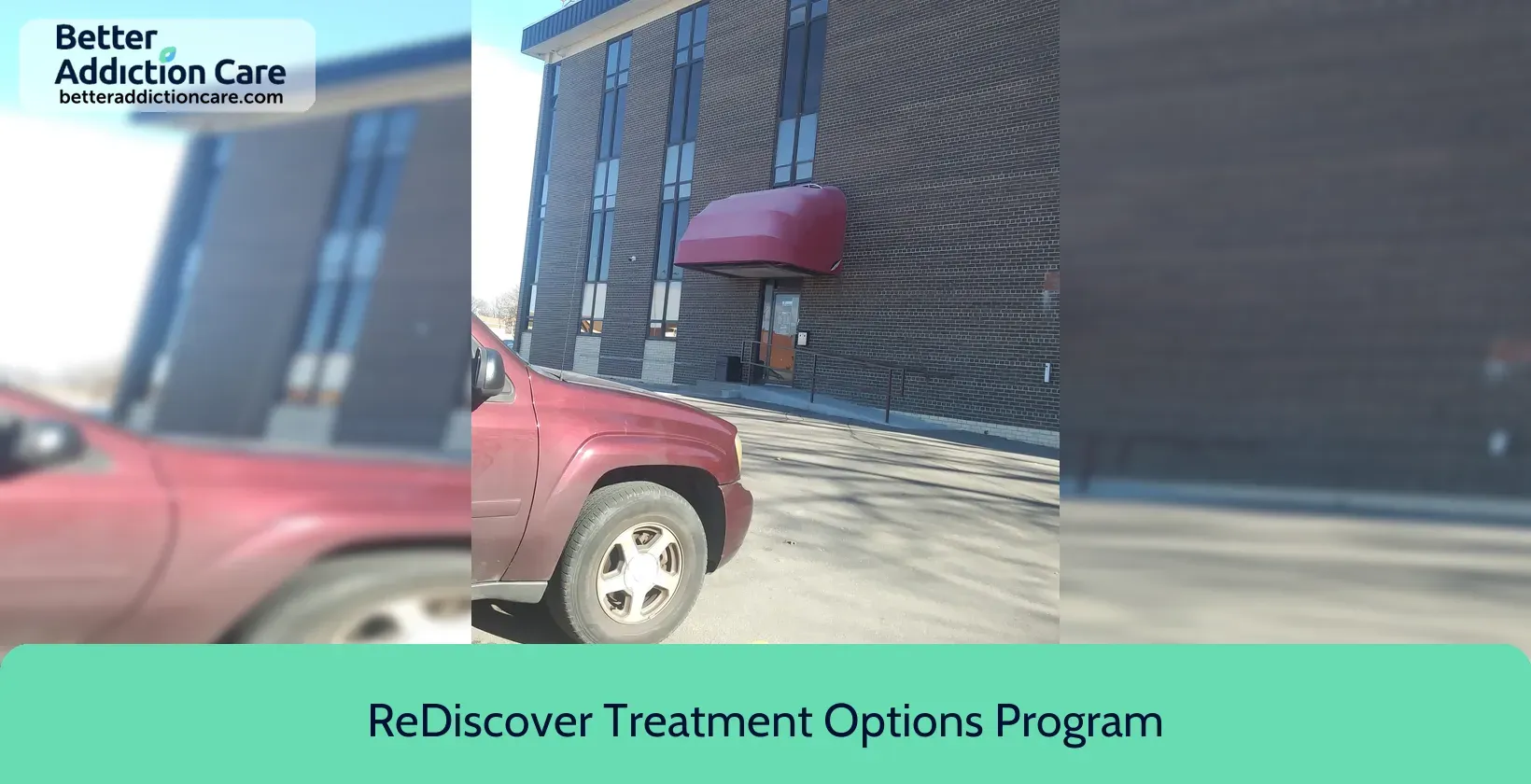
7.77
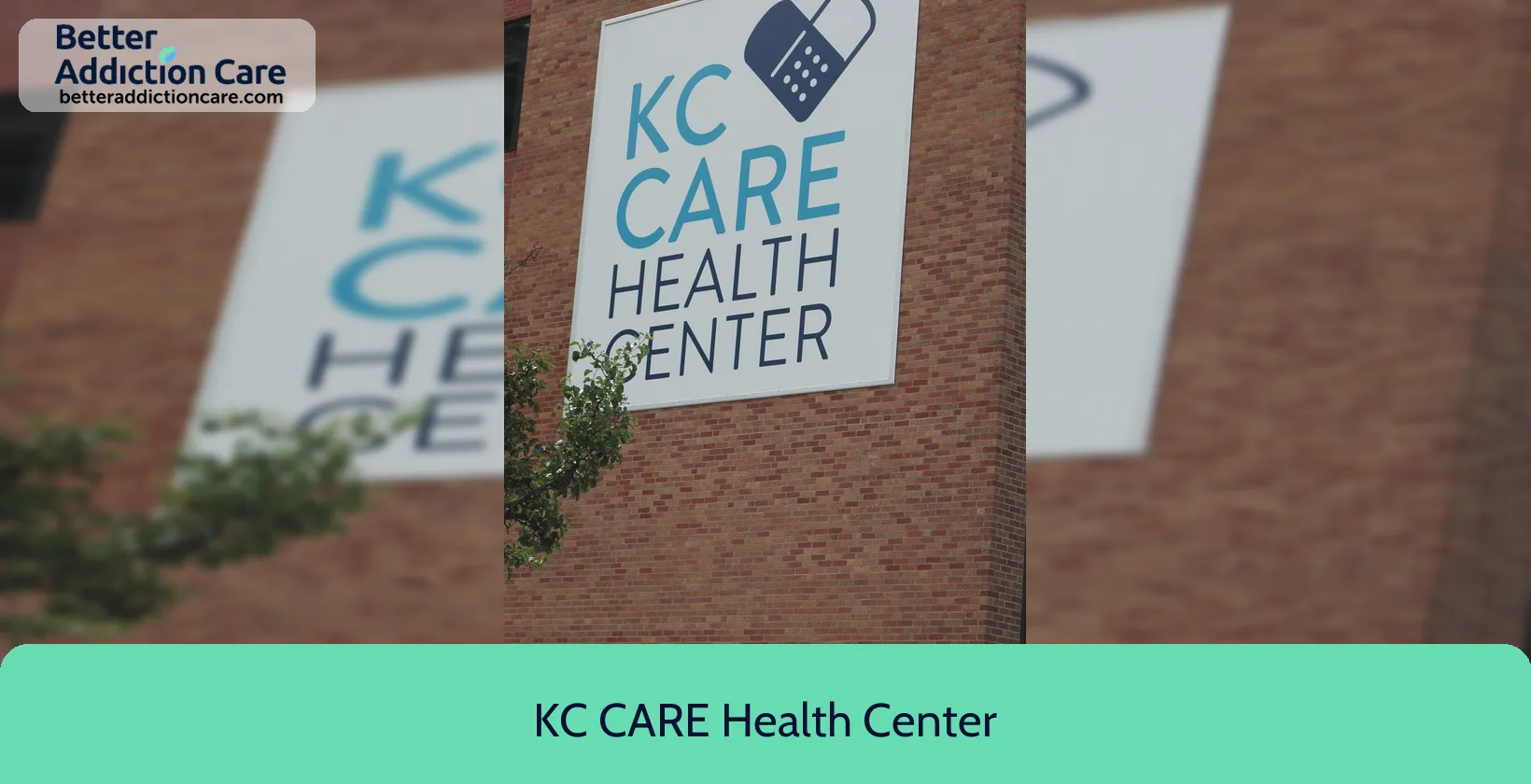
7.17

6.78

6.65
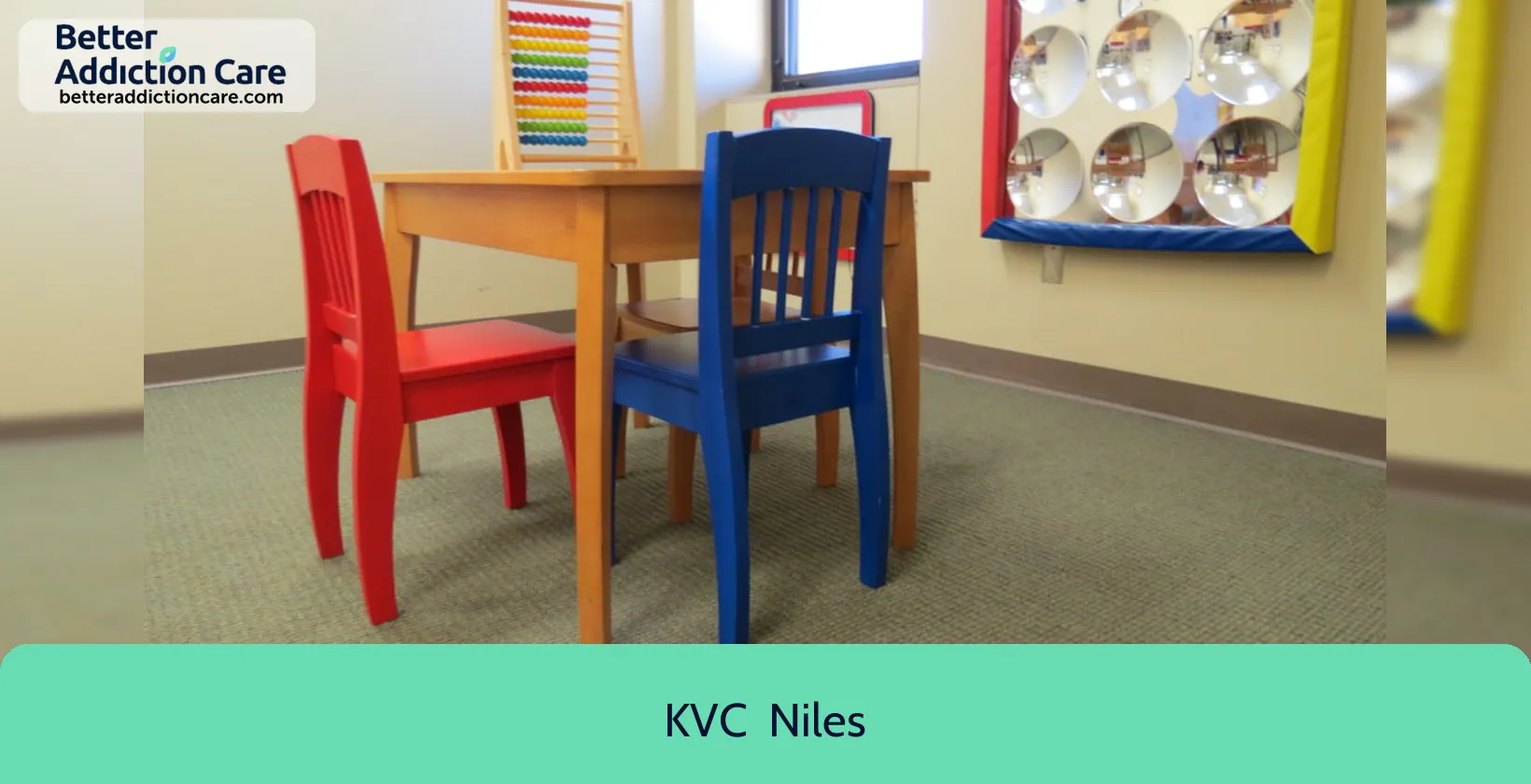
6.68
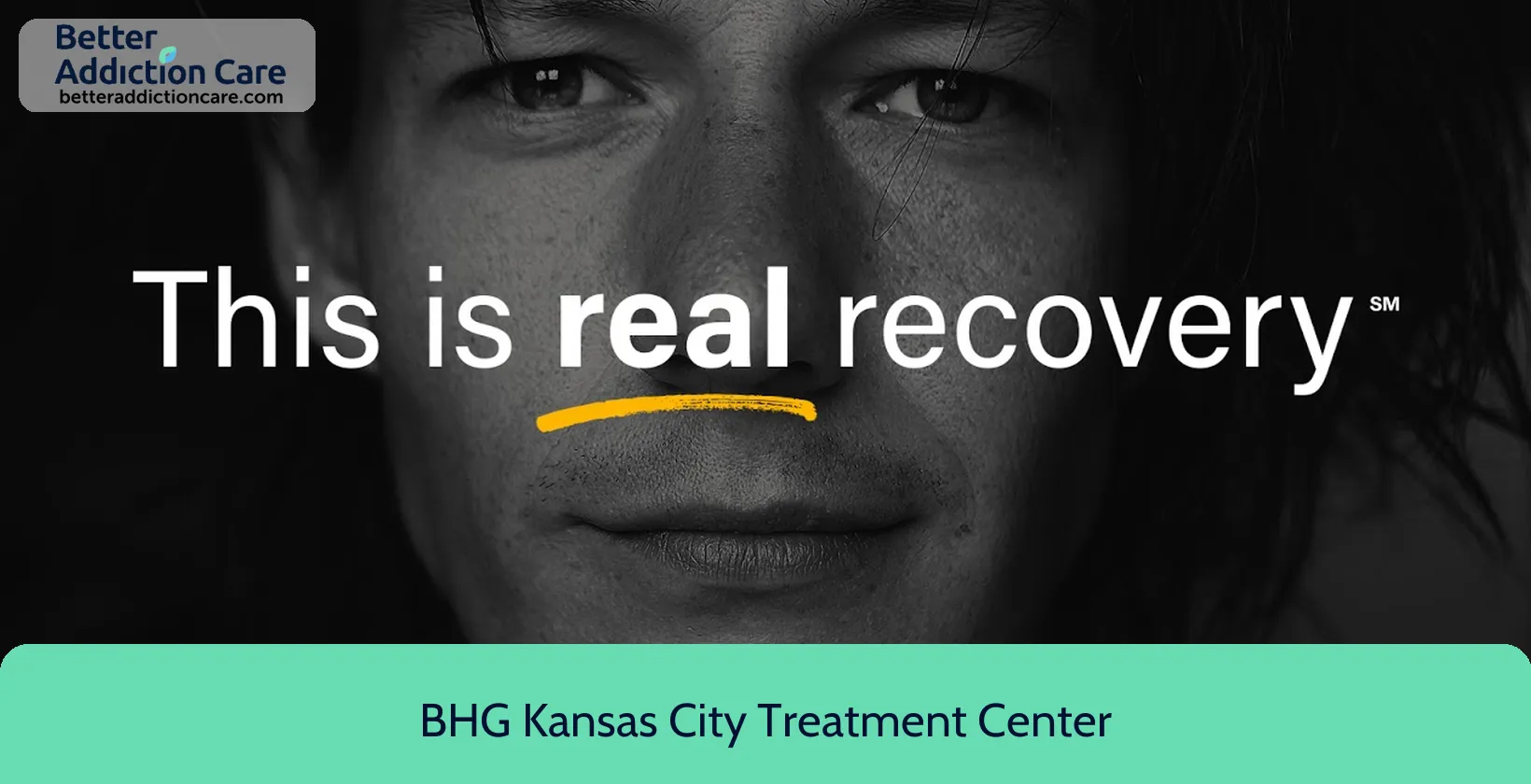
7.14

7.69

7.00

6.79

7.07

7.09

6.58

7.39

7.34

6.65

6.80

6.71

6.71

6.65

7.05

6.56

6.83

6.99

6.85
Local Rehabs in Missouri
Common Questions About Rehab in Kansas City
Take a look at our FAQ. We've tried to fill it with all the answers you're looking for. And if not, contact us on (888) 349-0436.


